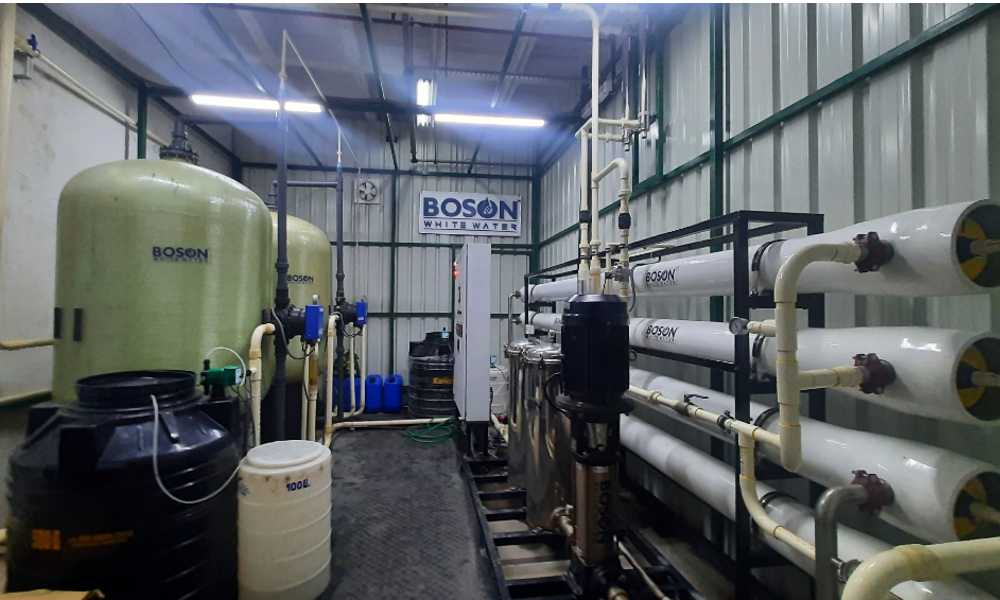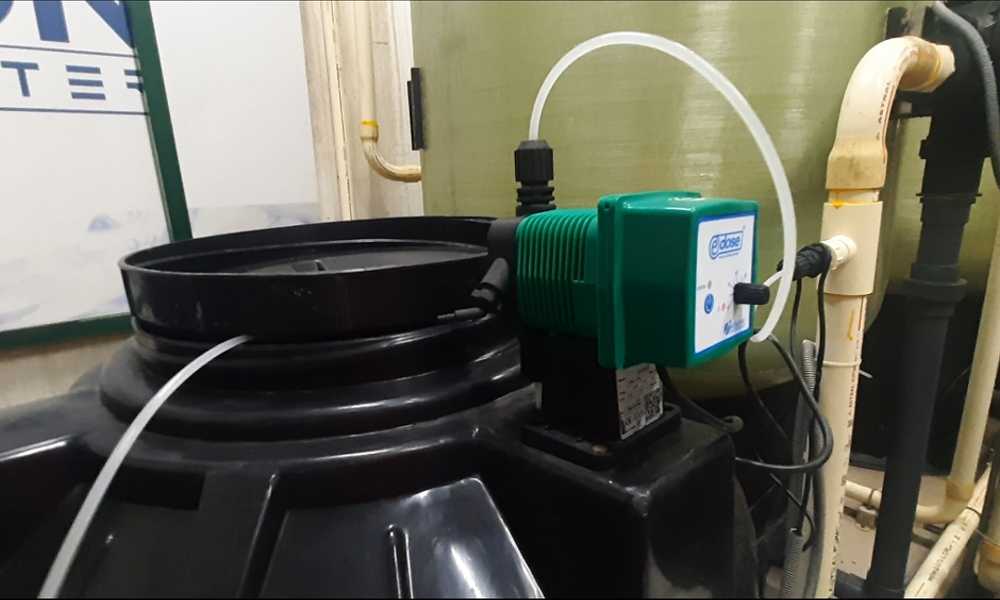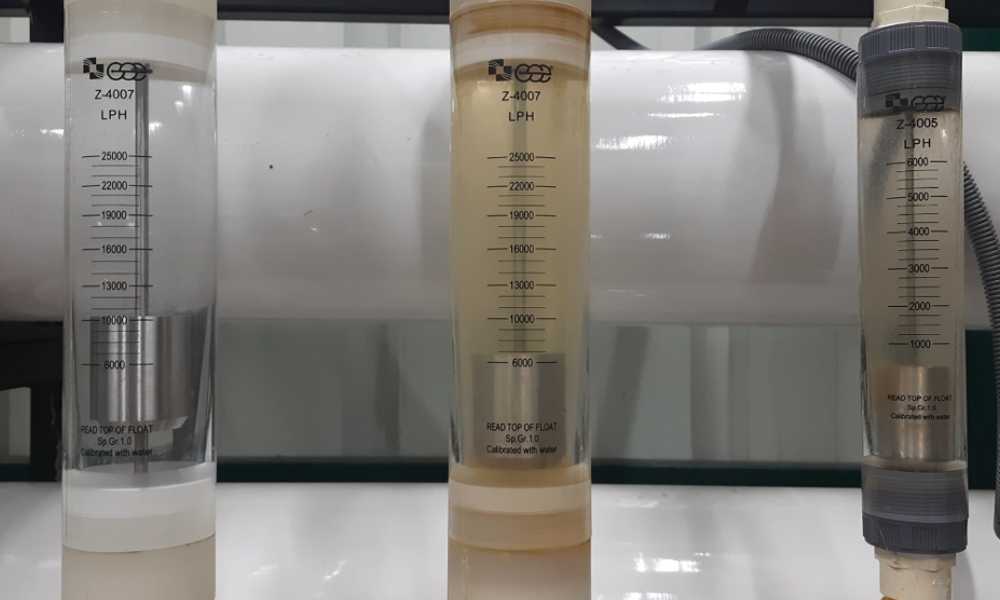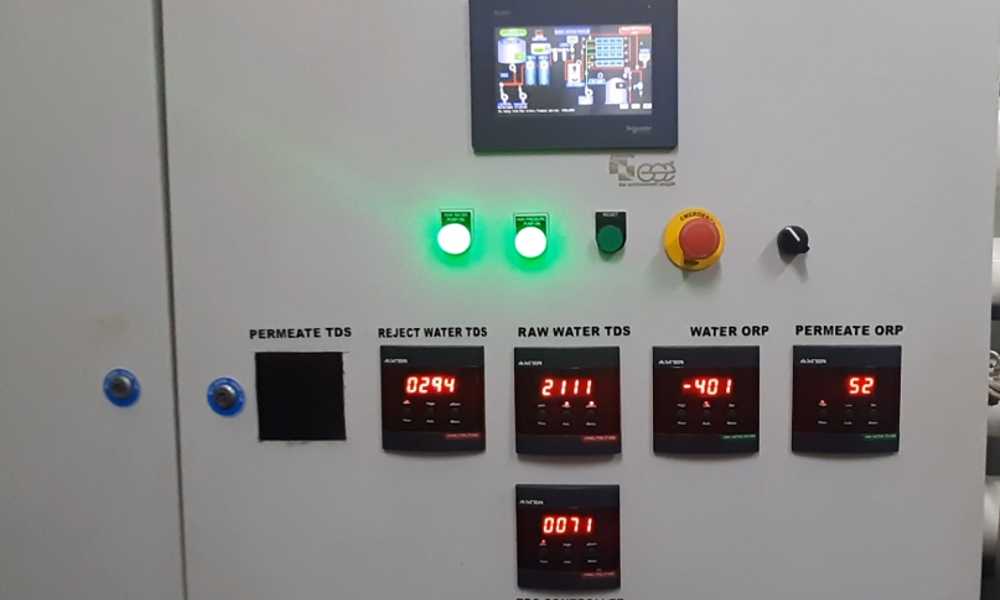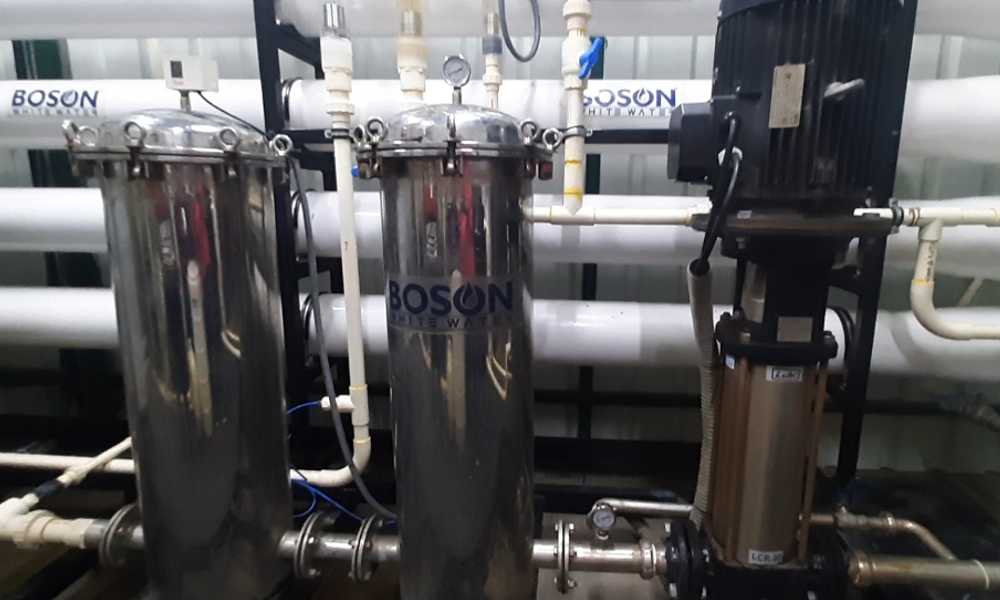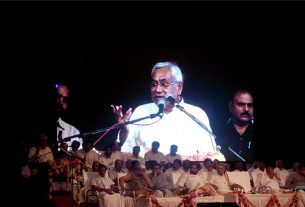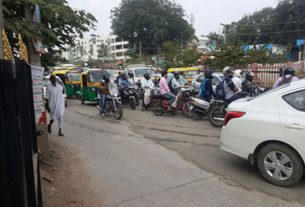Around 15,000 apartments in Bengaluru are mandated to set up sewage water treatment. Residents worry about high tax on installation and operation.
Eighteen percent Goods and Services Tax (GST) on water treatment plants is discouraging sewage treatment users in Karnataka.The government has mandated water treatment installation in apartments.
The high GST concerns residents. Chandrani Sarkar, resident at Sri Sri enclave at Maruthinagar, said that she is already paying Rs.2500 per month as maintenance charges. Now, the installation and operation of waste water treatment plant with high taxation will add few more hundreds to her maintenance cost.
Arun Mohan, representative of the Bangalore Apartments Federation (BAF) said even if the apartments do not have Sewage Treatment Plants (STP), the sewage should be sent to Bangalore Water Supply and Sewage Board (BWSSB). “Instead, we are managing sewage treatment. But 18 percent tax is again more burden on apartments.”
Vikas Brahmavar, Founder Director of Transwater, a water treatment company said, “Previously our target market was anyone looking for recycled water and now our target market can only be for people with GST registration and a majority of apartment complexes do not come under GST. We feel it’s a very bad move to push GST on recycled water, and no GST on tankers who exploit bore-well water and supply it.” He saw it as a big problem for people to adopt Eco-friendly consumption methods.
“The tertiary treated water is liable for tax at 18 percent (nine percent CGST and nine percent SGST),” states the order of Maharashtra Authority of Advanced Ruling in July, 2021 under the section 98 of the Central Goods and Services Tax Act (CGST), 2017. The CGST Act states that the water supply, water treatment, and sewage treatment are taxable under services.
Five percent GST is levied on all environmentally friendly activities. However, the water treatment plants are an exception. Nagesh Aras, co-author of The Sewage Treatment Plant Guidelines said, “The government is not encouraging a circular economy (economy with more emphasis on recycling and reusing).”
He added that many apartments were not aware about the STP installation during construction and do not have space for the plants. However, recently constructed apartments have provisions for waste water treatment facilities with an higher maintenance cost.
Mohan said that due to the space constraints, apartments can’t afford it. He added that the probability of many old buildings collapse is high if their structures are altered to have STP. “For that reason, we have taken a stay from the High Court, that apartments constructed before 2016 need not have STP.”
Manoj Kumar, a resident at Mythri Mithila apartment at Gunjur said that their apartment has already installed an sewage treatment plant and they pay R.3000 to Rs.3500 as their maintenance cost.
Mohan said that apartments are already “harassed” with high electricity charges on par with commercial buildings. “We either have to take it to the court or protest.”
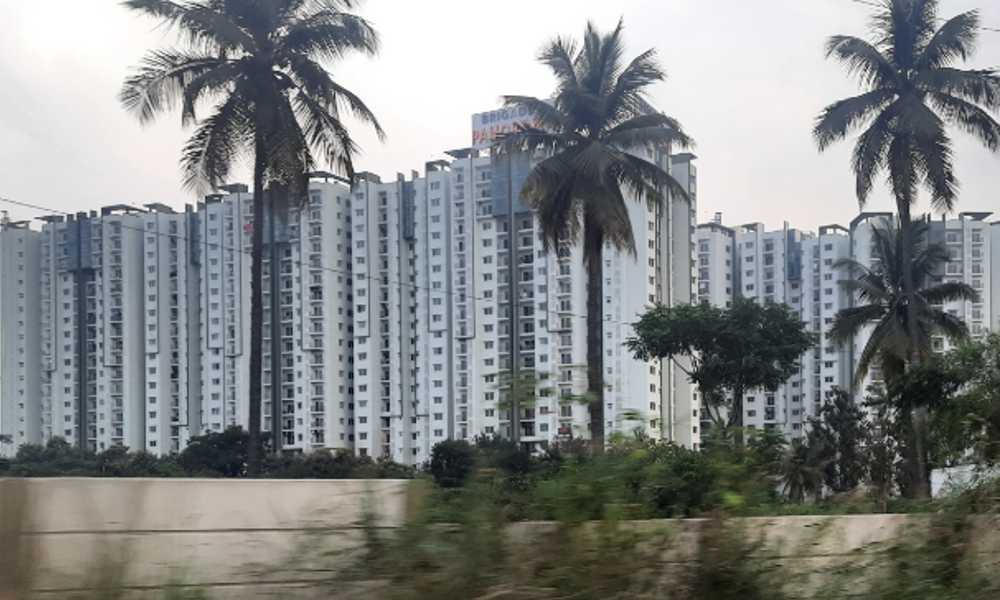
Karnataka State Pollution Control Board (KSPCB) mandated water treatment for all the apartments in its 2021 guidelines. The National Policy on the Safe Reuse of Treated Wastewater 2020 instructs industries to use recycled water from the treatment plants rather than using fresh water.
Shankar, Proprietor of Sankalp Enterprises, sewage treatment plant manufacturers in Bengaluru, said, “Anything which is on a recycle aspect, the user would definitely look for a rebate on taxation because that is the area which is quite costly to operate in any industry. As a seller, it will not affect me and it is a common thing for all the sellers. The government has enforced people to buy and they have to buy. Do they have choices?”
Damodar. R, partner in Team in Filing,a Chartered Accountancy firm in Bengaluru said, “It is a social cause and so there should be no GST on it. We recommend the department and ministry for making zero percent GST on all existing water purifying industries as well as upcoming ones. End of the day, waste water treatment should be encouraged. If we keep on increasing the cost, they will not come up.”
However, Karnataka State Pollution Control Board (KSPCB) said that the Board is taking all necessary steps towards the encouragement of environmentally friendly activities. But, Srinivasulu, Member Secretary, said that if the other segments of the government are not co-operating nothing can be done.
Aras said, “Now the government is trying to create a market for sewage treatment but not by improving the KSPCB functionality. KSPCB is not improving rather it is implementing laws saying that all constructions must use STP water.”
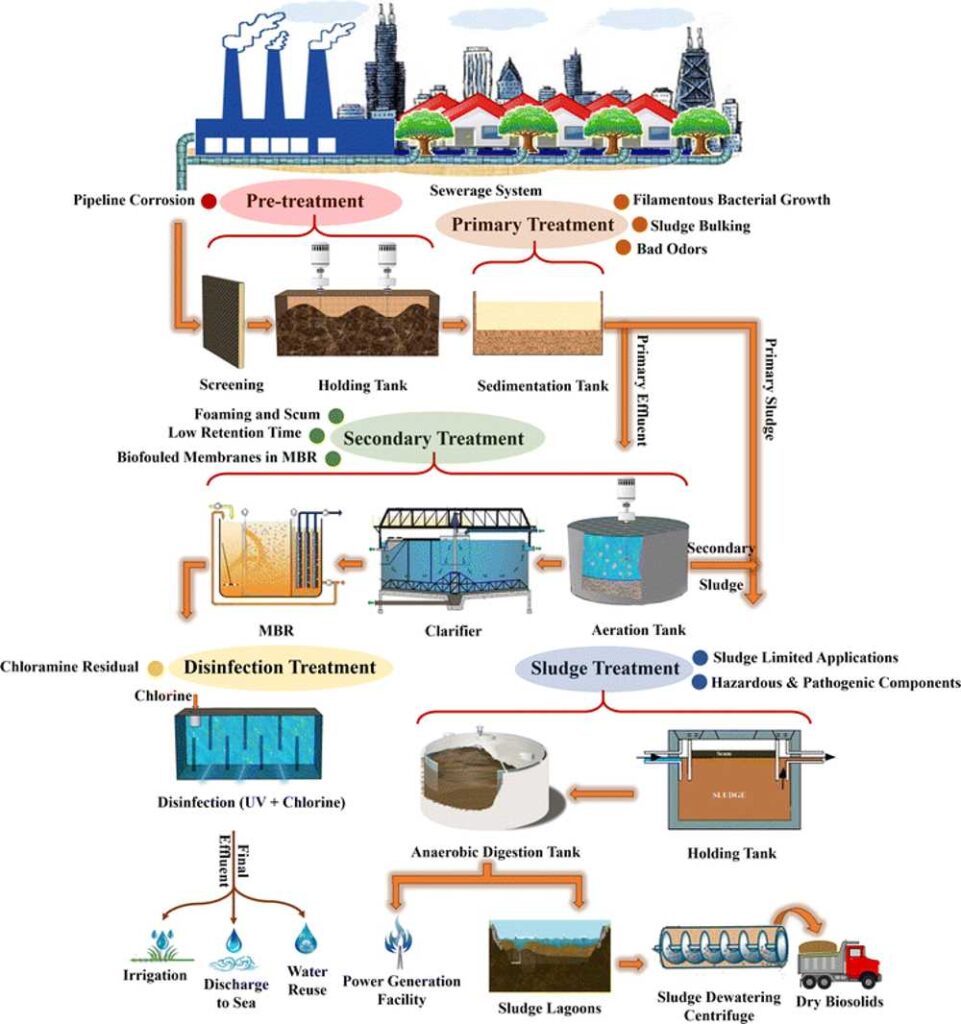
The 2019 Karnataka Water policy 2019 states, “Urban wastewater reuse is at a very nascent stage and the approach to it has been some what contradictory.” The policy also said, “Encourage wastewater reuse at an individual user level, and mandate it for Commercial-Industrial-Institutional (CII) consumers.”
Karnataka generates 3356.5 Million Litres per Day (MLD)of sewage and 45 percent of it is treated. The state has 140 water treatment plants with 2712 MLD capacity.National Inventory of Sewage Treatment Plants June 2020 report said that 97 of them are operational with a total capacity of 1922 MLD. Most of them are installed in residential apartments, malls and hospitals.
M. Devendra Babu, professor at Institute for Social and Economic Change said that the government implements ‘unjustifiable and illogical’ taxes to cope up with their expenses and to increase public spending.

